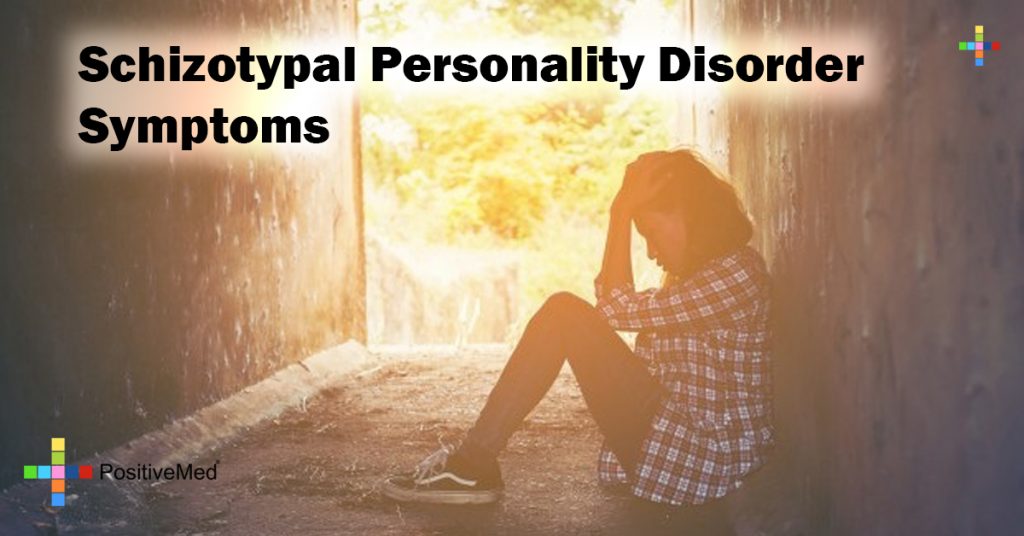
Schizotypal Personality Disorder Symptoms
[nextpage title=”…”]
People with schizotypal personality disorder are often described as odd or eccentric and usually have few, if any, close relationships. They generally don’t understand how relationships form or the impact of their behavior on others. They may also misinterpret others’ motivations and behaviors and develop significant distrust of others.
What you should know about Antisocial Personality Disorder Schizotypal personality disorder is a personality disorder characterized by a need for social isolation, anxiety in social situations, odd behavior and thinking, and often unconventional beliefs. People with this disorder feel extreme discomfort with maintaining close relationships with people, and therefore they often do not. People who have this disorder may display peculiar manners of talking and dressing and often have difficulty in forming relationships. In some cases, they may react oddly in conversations, not respond or talk to themselves. They frequently misinterpret situations as being strange or having unusual meaning for them; paranormal and superstitious beliefs are not uncommon. People with this disorder seek medical attention for things such as anxiety, depression, or other symptoms.Schizotypal personality disorder occurs in less than 3% of the general population and is slightly more common in males.

People with schizotypal personality disorder have difficulty forming close relationships and have peculiar beliefs and behaviors.
Schizotypal personality disorder signs and symptoms can include:
Being a loner and lacking close friends outside of the immediate family
Incorrect interpretation of events, including feeling that external events have personal meaning
Peculiar, eccentric or unusual thinking, beliefs or behavior
Dressing in peculiar ways
Belief in special powers, such as telepathy
Perceptual alterations, in some cases bodily illusions, including phantom pains or other distortions in the sense of touch
Persistent and excessive social anxiety
Peculiar style of speech, such as loose or vague patterns of speaking or rambling oddly and endlessly during conversations
Suspicious or paranoid ideas, hypersensitivity, and constant doubts about the loyalty and fidelity of others
Flat emotions, or limited or inappropriate emotional responses
[/nextpage] [nextpage title=”…”]

Signs of schizotypal personality disorder, such as increased interest in solitary activities or a high level of social anxiety, may be seen in the teen years. The child may be an underperformer in school or appear socially out of step with peers, and as a result often becomes the subject of bullying or teasing.
Schizotypal personality disorder can easily be confused with schizophrenia, a severe mental illness in which people lose contact with reality (psychosis). While people with schizotypal personalities may experience brief psychotic episodes with delusions or hallucinations, they are not as frequent, prolonged or intense as in schizophrenia.
Another key distinction between schizotypal personality disorder and schizophrenia is that people with the personality disorder usually can be made aware of the difference between their distorted ideas and reality. Those with schizophrenia generally can’t be swayed away from their delusions.

Despite the differences, schizotypal personality disorder can benefit from similar treatments as schizophrenia and is sometimes considered a variant of schizophrenia.
Schizotypal Personality Disorder; US Library of Medicine
Schizotypal Personality Disorder; Mental Health (dot) com
Schizotypal Personality Disorder Symptoms; Psych Central
[/nextpage]





